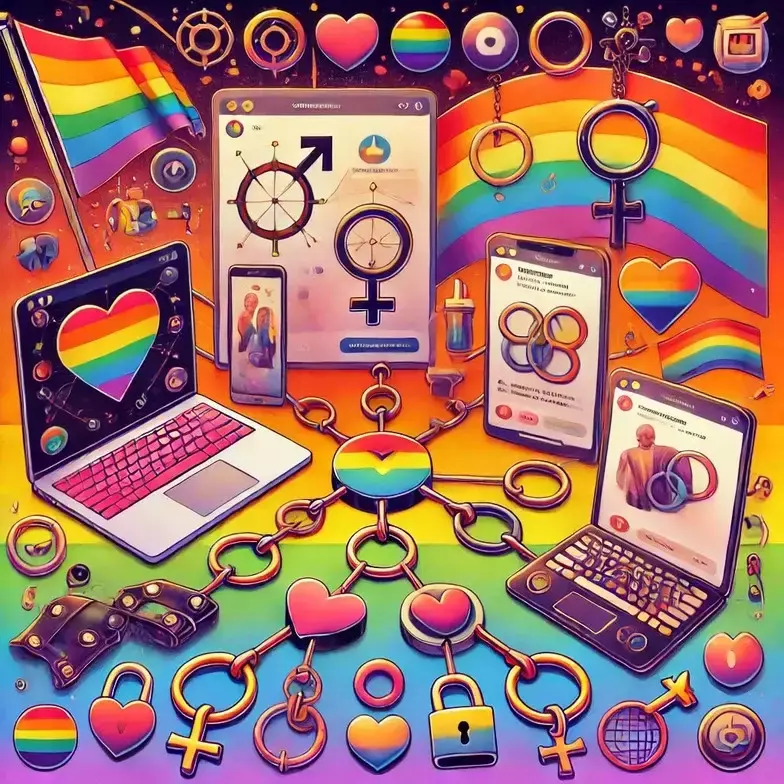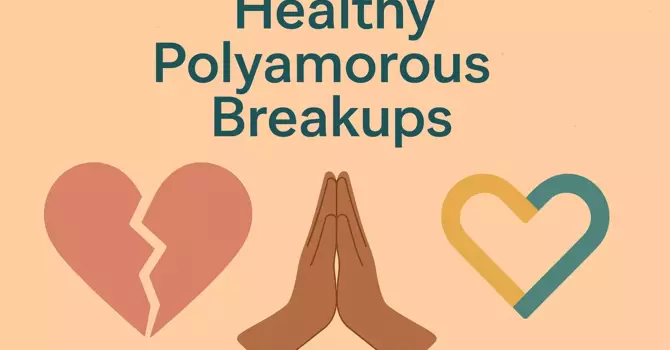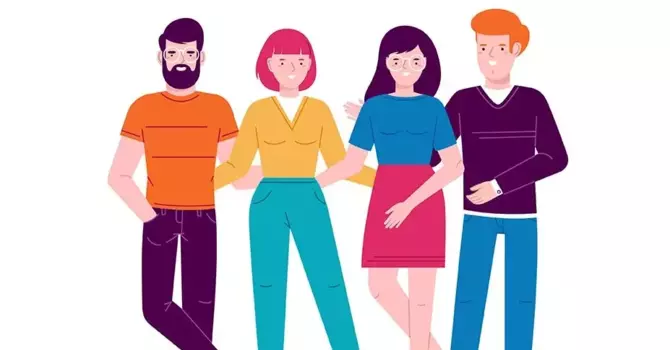
The Role of Technology in Queer, Kink, and Polyamorous Communities
In today's digital age, technology plays a transformative role in shaping the way we connect, communicate, and build relationships, particularly within marginalized communities like queer, kink, and polyamorous circles. Technology not only provides tools for connection but also creates safer spaces for self-expression, education, and support. Let’s explore how technology impacts these communities and the opportunities it presents.
Building Connection and Community One of the greatest benefits of technology for queer, kink, and polyamorous individuals is that technology can facilitate connection. For those feelings of isolation and misunderstanding in one's local environment, online platforms sometimes afford the potential to find one's tribe or meaningful connections.
Queer Spaces: Grindr, Her, and Lex provide digital spaces for LGBTQIA+ folks to meet others for friendships, dates, or community outreach. Social media platforms serve as digital hubs in which people can share experiences and amplify voices.
Kink Communities: Sites like FetLife allow kinksters to explore identity, connect with local groups, and learn about consensual practices without judgment.
Polyamorous Networks: Applications such as OkCupid and #open have been designed to accommodate non-monogamous relationships by providing a platform where individuals can connect with others with similar values.
These online spaces offer anonymity and safety to those who may not be safe expressing their identities within the immediacies of their day-to-day realities.
Education and Awareness
Technology has made a huge amount of information available at the fingertips. But this availability is even more important for people examining queer, kink, or polyamorous identities.
Online Education: Innumerable blogs, podcasts, and webinars by people with frontline experience and professionals alike disperse pieces of information integral to consent, communication, how to deal with stigma, among other things.
Workshops and Events: Online workshops, like BDSM workshops or polyamory panel discussions, further create learning opportunities sans location-based barriers.
Mental Health Support: Many therapists and organizations offer online sessions and digital resources that are specifically designed for these communities to address unique challenges, such as coming out, relationship dynamics, or managing stigma.
Challenges and Considerations
With technology, though, there are lots of pros, but it is not without its cons. Safety and privacy are major concerns, such as people getting outed or harassed online. Community members often use the platforms with heightened awareness of digital security to protect their identity.
Moreover, the algorithms of mainstream social media sometimes tend to marginalize queer and alternative lifestyle content, making this harder to share and find resources. Continued advocacy and dialogue will be necessary to ensure these spaces remain accessible and inclusive.
A Call to Action
At Inclusive Therapy Group, we believe technology has made getting connected, educated, and empowered in the Queer, Kink, and Polyamorous communities easier. Our therapists are trained to provide affirming, compassionate care designed to meet your specific needs.
If you're seeking support as you explore your identity, relationships, or mental health, we encourage you to reach out to us today. Let's build a platform together that feels validating, supportive, and heard for you on your journey to thriving.
Take that first step now: contact Inclusive Therapy Group and let's create something beautiful.





